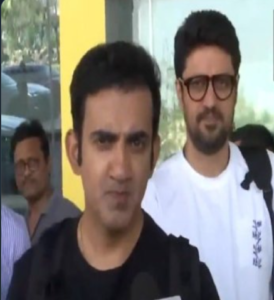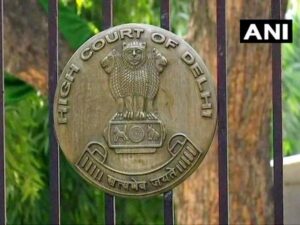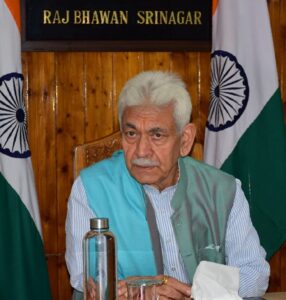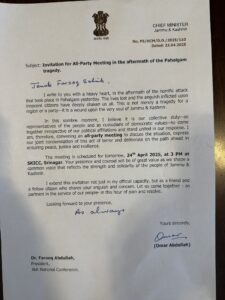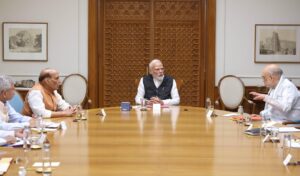Uttar Pradesh CM Yogi Adityanath offers prayers at Ayodhya’s Hanumangarhi Temple
Ayodhya (Uttar Pradesh) [India], January 9 (ANI): Ahead of the Pran Partishtha ceremony of Ram Lalla in Ayodhya, Uttar Pradesh Chief Minister Yogi Adityanath offered prayers at Hanumangarhi Temple in Ayodhya on Tuesday.
Later, he also offered prayers at Ram Mandir ‘garbh griha’ in Ayodhya.
Adityanath is also scheduled to inspect a tent city being constructed by the Municipal Corporation.
Prior to the Chief Minister’s inspection visit, top officials of the district inspected the proposed Saket tent city. Necessary instructions were given to the owner of the tent city.
A tent city has been set up at the new Teerthakshetrapuram, which includes six tubewells, six kitchen houses, and a hospital with ten beds. Around 150 doctors will be serving at the hospital in rotation.
Meanwhile, aiming to provide essential facilities for tourists and pilgrims visiting places like Ram Janmabhoomi and temples in Ayodhya, the Uttar Pradesh government under Chief Minister Adityanath introduced electric buses on the Dharma Path and Ram Path.
The operation of electric buses will be initiated on the Dharma Path and Ram Path. Additionally, 100 electric buses will commence operations from January 15 onward. The convenience of golf carts and e-rickshaws will also be introduced. Ayodhya will be seamlessly connected through transportation facilities, including EVs.
On the Chaudah Kosi and Panchkosi Parikrama routes, new areas have been marked at Udaya Chowk. Parking lots will be developed there, covering 70 acres (10 acres, 35 acres, and 25 acres).
Ram Path and Dharma Path are two of the four main paths in Ayodhya. The other two paths are Bhakti Path and Janmabhoomi Path.
The four paths are based on the concepts of the four Vedas and four eras. The Uttar Pradesh government is planning to run electric buses on Ram Path and Dharma Path to provide facilities for tourists and pilgrims.
The ‘Pran Pratishtha’ ceremony will be held over a span of seven days starting on January 16. On January 16, the host appointed by the temple trust, Shri Ram Janmbhoomi Teerth Kshetra, will conduct the atonement ceremony. The ‘Dashvidh’ bath, Vishnu worship, and offering to cows will be held on the banks of the Saryu River.
Following that, on January 17, a procession carrying the idol of Lord Ram in his child-like form (Ram Lalla) will reach Ayodhya. Devotees carrying Saryu water in Mangal Kalash will be reaching the Ram Janmabhoomi temple.
On January 18, formal rituals will kick off with the Ganesh Ambika puja, Varun puja, Matrika puja, Brahmin Varan, and Vastu puja.
On January 19, the holy fire will be lit, followed by the establishment of ‘Navagraha’ and a ‘havan’ (holy ritual surrounding the fire).
The sanctum sanctorum of the Ram Janmabhoomi temple will be washed with Saryu water on January 20, after which the Vaastu Shanti and ‘Annadhivas’ rituals will take place.
On January 21, the Ram Lalla idol will be bathed in 125 urns and will finally be laid to rest. On the final day, January 22, after the morning puja, the deity of Ram Lala will be consecrated in ‘Mrigashira Nakshatra’ in the afternoon.


